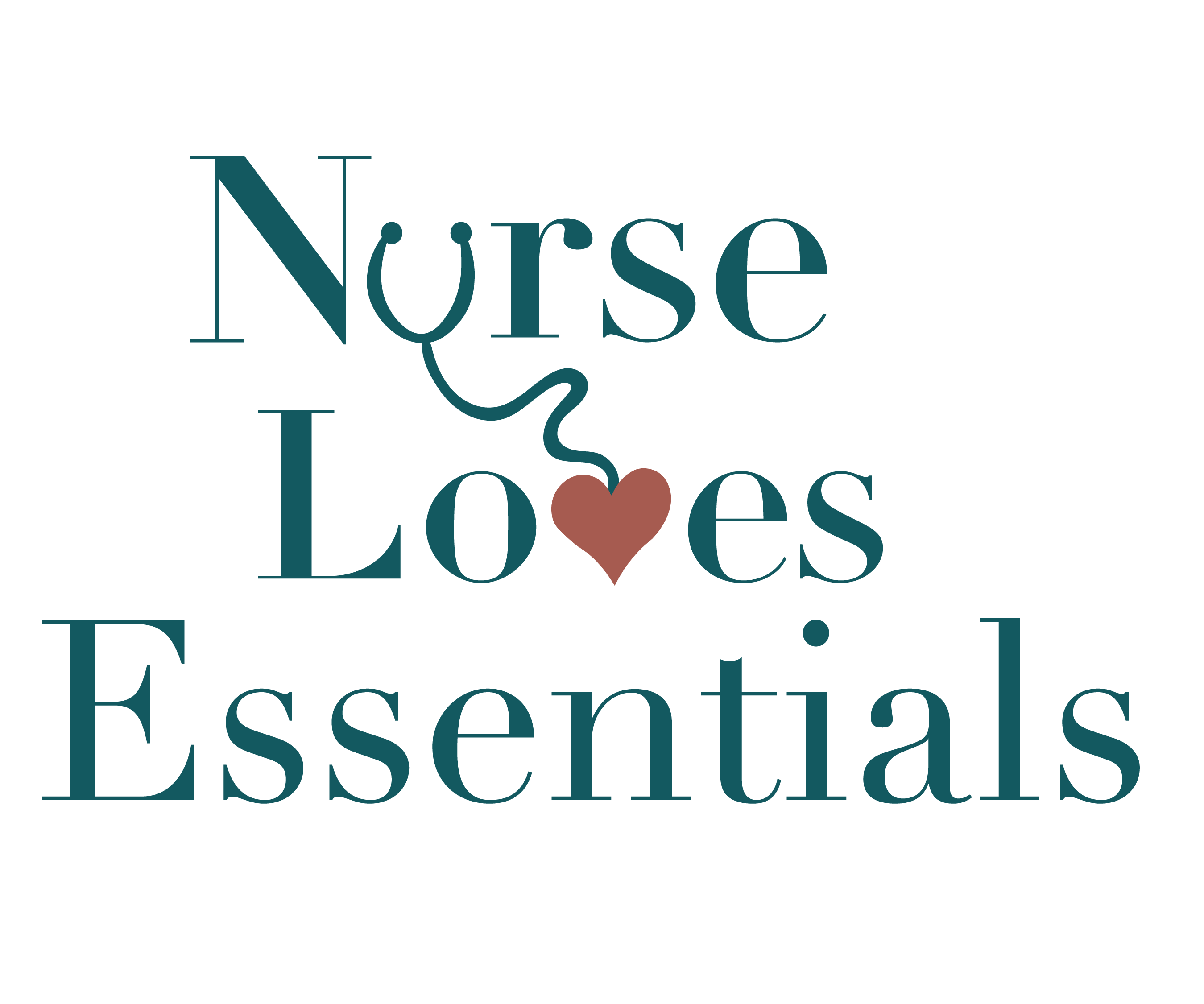
One in four Americans are said to have more than a single chronic illness, according to the Centers for Disease Control and this number is also said to increase to three out of every four Americans above 65 years of age.
These statistics show that 25% of the American population has multiple chronic conditions and 75% of old adults have multiple chronic conditions. These statistics are alarming!
Imagine being diagnosed with rheumatoid arthritis, fibromyalgia, anemia, and endometriosis by age 34—it happened to me. While having symptoms of multiple chronic conditions since childhood, the actual diagnosis and treatment came much later.
A single chronic illness is burdensome enough not to mention two or more!
How do you live with multiple chronic conditions? Can you survive with two or more chronic diseases?
RELATED POSTS:

What are Multiple Chronic Conditions?
Multiple Chronic Conditions (MCC) is a term used to refer to a situation where someone is living with two or more chronic diseases.
MCCs often result from a chronic illness increasing the risk of another chronic illness.
For example, having diabetes increases the risk of having chronic kidney disease and heart disease. It means that someone with diabetes can also develop chronic kidney disease; when this happens, that person is said to have multiple chronic conditions.
Common chronic illnesses that occur together
Some combinations of chronic diseases may occur together more frequently than others.
Some of these are:
- Arthritis & high blood pressure
- Diabetes & high blood pressure
- Kidney disease & heart disease
- Fibromyalgia & chronic fatigue syndrome
- Diabetes & chronic kidney diseases
- Fibromyalgia & multiple chemical sensitivity
- Multiple chemical sensitivity & pulmonary diseases

Issues with multiple chronic conditions.
Tracking medications
It can be challenging to track the medications you use for multiple chronic conditions because there will be quite a few. These medications might come with different usage times and doses, so it is easy to mix them up unless you can remind yourself of what you’ve taken and what you’ve not.
Tracking symptoms
Another issue with managing multiple chronic conditions is that you might be unable to tell apart symptoms. For example, it might be difficult to know if your fatigue results from fibromyalgia or chronic fatigue syndrome.
Inadequate treatment
It is scarce to see a doctor specializing in more than one chronic illness. So while you might get optimal attention on fibromyalgia, you might not get a specialist for your mold toxicity.
The only way to get optimal care is to see several specialists separately. If you’re doing this, ensure proper medical reconciliation between the specialists to avoid drug-drug interactions.
Strict diet
Having multiple chronic conditions makes your diet stricter than having a single chronic disease. This streamlined diet might be challenging to follow and expensive to maintain.
Low research
Some chronic conditions are still under-researched, not to mention the relationship between two or more chronic illnesses. There is little research, and multiple chronic conditions are still being treated singly.
Conflicting treatments
Specific medication for a chronic condition might be contraindicated with others and/or aggravate the symptoms of another chronic condition, which is one of the dangers of handling multiple chronic diseases separately.
Importance of managing multiple chronic conditions
Why should you try to manage multiple chronic conditions? Here are some reasons:
Increase life quality
Managing your chronic conditions means you can avoid spending each day in severe pain or fatigue with limited ability to perform activities of daily life. When you manage your conditions, you can reduce the severity of symptoms, including pain and other discomforts.
More time to spend with friends
You increase your lifespan and quality of life with proper management, and you can spend more time with your family and friends.
Ultimately, each time you manage your health, you can reduce your risk of untimely death.
Sense of fulfillment
It gives you a sense of control and fulfillment, which is a welcome distraction from the diagnosis. You can also focus on other things apart from your condition.
Reduce the risk of another chronic illness
Not managing your health only puts you at risk of aggravation and developing another chronic disease. Trust me; you don’t want to add another illness to the list.

How to manage multiple chronic conditions
Here are some best ways to manage multiple chronic conditions for better health:
1. Have an accountability partner.
It is best to have someone regularly around you as your accountability partner. While your doctor might be able to tell you what to do and how best to manage your symptoms, you need someone who is frequently with you to remind you of what to do, providing support and motivation.
An accountability partner will remind you to take your drugs at the right time, restrict you from harmful activities, help you track your symptoms, and remind you of your next doctor’s appointment and what should be discussed.
Some insurance companies provide their clients with care management services where you get frequent consultations to monitor your diagnosis. While you might find it difficult to open up to a stranger, it is worthwhile to have the additional support.
I’ve worked as a head coach for insurance companies and you would be surprised at the impact that having a trained nurse contact you on at least a monthly basis can have on improving your overall health and well-being.
2. Get insured.
If you are diagnosed with multiple chronic conditions, you want to ensure you get health insurance or activate your previous one. Multiple chronic conditions are expensive to manage, and you do not want that financial stress on you.
3. Get the right specialists.
Getting a single specialist for all your diagnosed ailments might be impossible, but you can get the right specialist for each. When you do this, ensure you keep a list of medications, supplements, and lifestyle habits you often engage in and give them to each specialist so they have adequate knowledge of what goes into your system.
You should also make sure your attending physicians communicate with each other because you might not know everything about your condition.
4. Join a support group.
Having the right support group is invaluable to managing multiple chronic conditions. If you cannot get a support group that helps with your conditions, you can look for one closer to your health goals.
For example, you might not see a multiple chronic illness support group, but you might see a support group that helps you deal with the mental stress of a chronic illness diagnosis.
5. Get professional counseling.
Having multiple chronic conditions can be difficult to deal with, and other aspects of your life may be affected, including your mental health and behavior (some people become more antagonistic toward life, themselves, and others).
People with this type of condition are also likely to fall into depression, get anxiety, and give up on life, which is why it is best to seek professional help from a licensed therapist.
You will be able to learn how to understand your feelings and adequately cope with the multiple diagnoses. Counseling will also get you in the right frame of mind to effectively manage yourself and your symptoms.
Your doctor can recommend a good therapist for you.
6. Track your symptoms.
The best way to stay in control of your health is by learning to track your symptoms, including your medications, habits, supplements, activities, and diet, among others. It is the same as journaling, but you pay close attention to what might be triggers, flares, reactions from medications, and so on.
Tracking your symptoms makes it easier to keep all your medical conditions in one place, track your progress, and see the effectiveness of your medications. You also stay abreast of your health goals and things you should avoid.
Some apps and software make tracking your symptoms easier, although you can also go the paper way.
7. Be open with your physician.
Be bold in asking questions during your appointments. These are questions based on your observation and research. It is best to write down questions that pop into your mind as soon as possible, so you don’t forget them. Make sure to communicate with your physician.
Also, ensure your accountability partner is available to follow you to your doctor’s appointments because you might not be able to remember everything. If this is unavoidable, you can seek the permission of your doctor to record your meeting.
8. Don’t overtask yourself.
Know when you need help and how to ask for it. Overtasking yourself is a negative way to manage or try to be in control of your condition. Also, overtasking yourself will only aggravate your symptoms and fasten deterioration.
9. Seek non-medication approaches.
Alternative treatments that do not involve swallowing pills are usually available; you can do your research and clarify with your doctors. Usually, non-medication approaches are suitable for supporting your medications and providing alternative routes to symptom relief.
They include diet changes, exercises, aromatherapy, acupuncture, herbal medicines etc.
10. Learn.
Learning about your multiple chronic conditions will give you a sense of control over the situation. Learn what you can and cannot do and find the in-betweens. Learn how to take care of yourself and advocate for yourself and others. These might give you a sense of fulfillment and control.
11. Speak up.
You should be able to communicate your feelings, priorities, and boundaries to people around you, including your doctor; this is self-advocacy. If your doctor educates you on specific treatment options you are not comfortable with, speak up.
If you do not want preferential treatment, you want to be left alone, treatment options are confusing, or you want to do certain activities, you should be able to communicate this. Of course, these should be things that do not put your health at risk.

Living with multiple chronic conditions is possible, and you can work with them. The main point in managing these conditions is to keep track of your symptoms, medications, and doctor’s appointments while making sure to live as healthily as possible—intentional diet and lifestyle habits.
Also, you want to ensure you have enough knowledge of the general multiple chronic conditions and each chronic disease you have been diagnosed with.
This will help you keep control over your mind and help you track your symptoms better.
Do you know someone with multiple chronic conditions? How are they coping? Need help?
READ ALSO: Easy Fibromyalgia fatigue management tips for Fibro patients




0 Comments